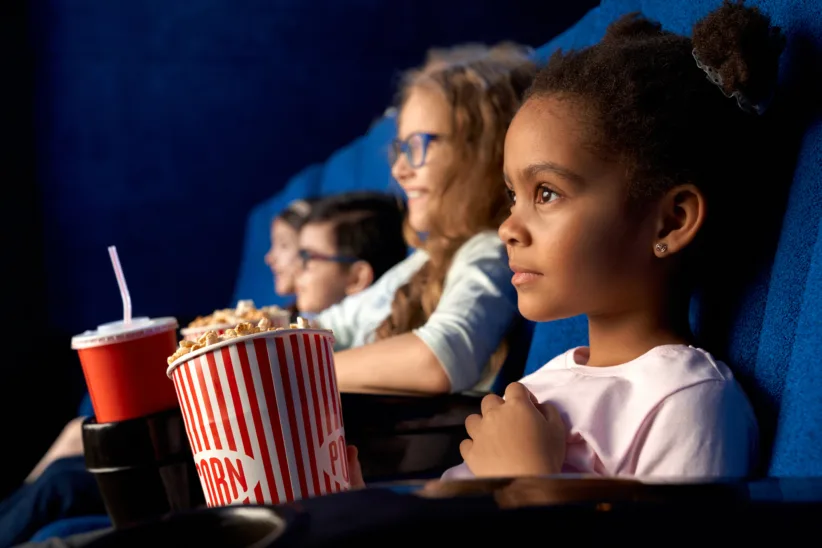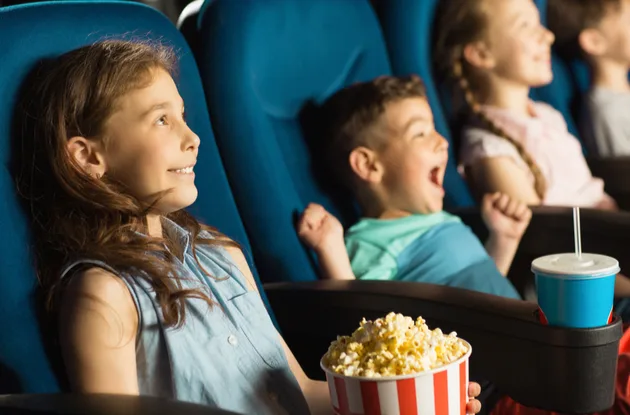Once your child starts school, you are not even close to being done with making decisions. Afterschool is the next hurdle to clear.
When my oldest daughter, Hallie, started kindergarten, I imagined that after a long day of school, she wouldn’t want to do much of anything. But she was just gathering steam for the next phase of activities. There were playdates, of course, and trips to the playground, but with most of the kids in her class engaged in some organized activities, we felt we had to follow the herd. If everyone else is doing an afterschool activity, who will your child play with?

Some parents choose afterschool programs for childcare, some for activities that are missing from the school curriculum (usually arts and foreign language), and some because their child wants more advanced instruction in a discipline. The paradox of many programs is that you can’t get involved unless you already excel in the area; in many gymnastics classes, there are 5-year-olds training for the Olympics. At my local dance studio, for example, the beginning ballet classes are for kids ages 3-5. If your 9-year-old suddenly decides she wants to take ballet, choices are limited. For her age group, there are intermediate or advanced groups. But a beginner is likely to get frustrated in such a class if she doesn’t know the basics.
That’s why our “Right Pursuit at the Right Time” article is such an important read for parents. We talked to experts in the arts and in sports, throughout the city; across the board, these professionals urge parents to not start kids on most disciplines at too young an age. The reasons are about as commonsense as you can get: Kids get burned out in certain activities if they are forced into them too early. That’s the emotional cost. And sometimes, it’s a matter of safety — tiny kids shouldn’t be doing classical ballet, or professional gymnastics work, for instance, when bones are still forming.
On the other hand, once kids are ready, living in New York City offers parents a wealth of choices, and the best of instructors. When I was a kid in Queens, I took piano from a Juilliard student, and ballet from a New York City Ballet dancer. My daughter’s violin teacher in Brooklyn is also at Carnegie Hall; the art teachers in our local studios have world-renowned careers.
Recently, I went to a panel discussion where the consensus was that kids need unstructured time, time to daydream and imagine. There is some validity here for younger kids — I know people who so over-schedule their elementary school children that they run from one activity to the next. But I disagree for older kids. At my youngest daughter’s elementary school, kids in fourth grade can leave by themselves. Many go home to empty houses, where they watch TV or play video games, and over-eat on snack food. And middle school and high school children who have no afterschool activities tend to ‘hang out’ — which in many cases means getting together for drugs and sex.
My older girls went to different middle schools. At one, kids are given hours of homework a night, and many of the kids are in afterschool ‘prep’ classes to give them an advantage in high school; at the other, kids often go to the adjacent park to smoke pot. The atmosphere at the first school is overbearing, but the other school swings too far in the other direction. There needs to be some middle ground, where kids can have some fun, but not under a cloud of marijuana smoke.
The key for any afterschool program is to find something that interests your child. I know of a kid in a band who hates playing an instrument; he acts up every week and both he and the instructor are incredibly frustrated. The mother’s position is that she has paid for the class and he has to stick it out. I think that if your kid is that miserable, you should take him out; it’s also possible that you can get a refund. I’m of the school that it doesn’t do anybody any good to keep a child in a class he hates. What’s your opinion?





















